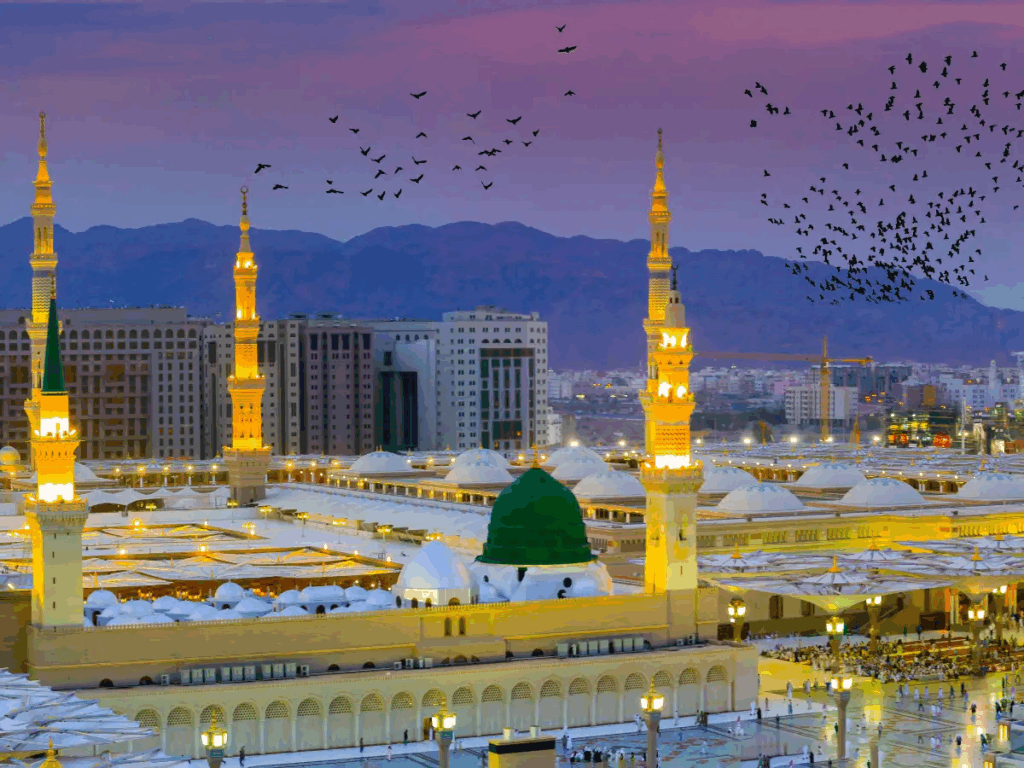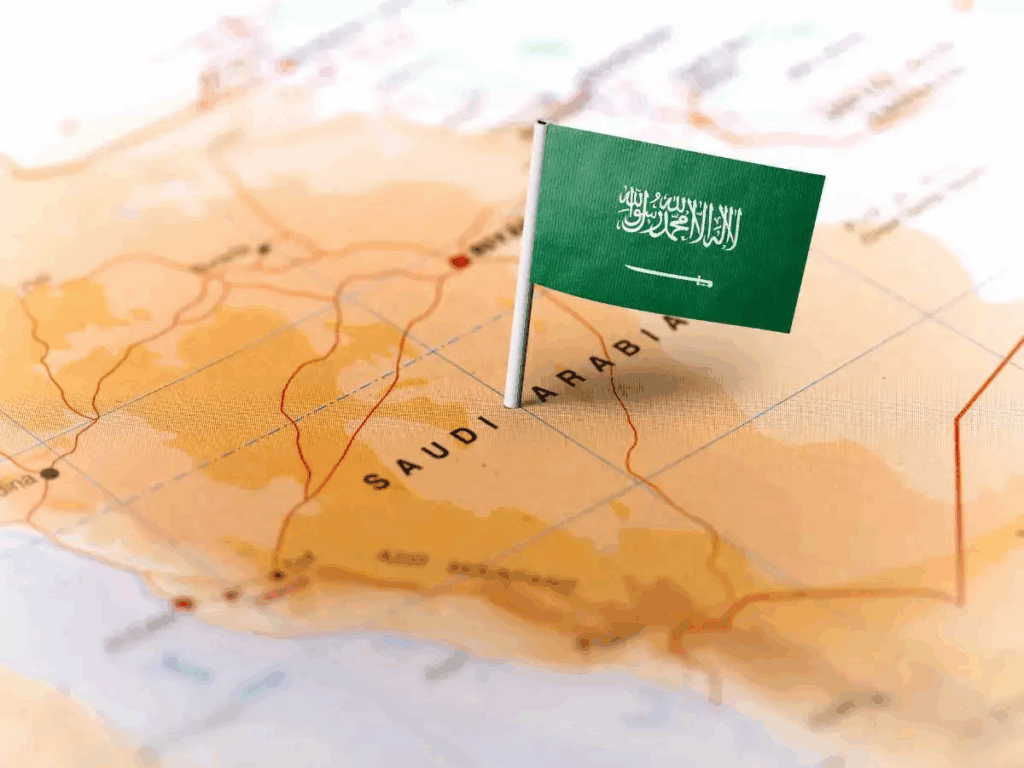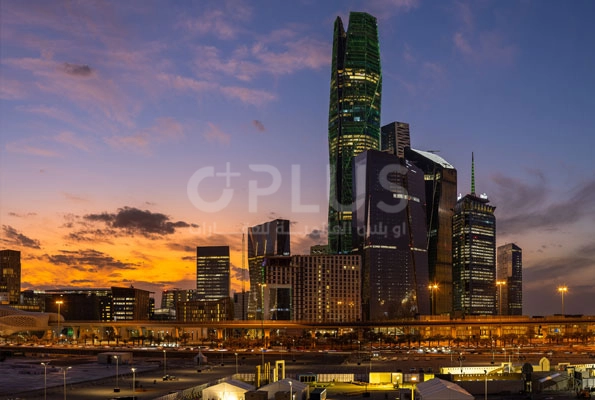In a major regulatory shift, Saudi Arabia has officially introduced a new real estate law allowing foreign individuals and entities to own or obtain legal rights over property in designated areas of the Kingdom. The Saudi Arabia foreign property ownership law marks a significant evolution from previous legislation, broadening access to one of the region’s largest and fastest-growing real estate markets.
At OPlus Realty, we break down the key provisions of this new law, what it means for investors, and how you can take advantage of the opportunities emerging in the Saudi property landscape.
Official Publication and Timeline
The law was published in the Umm Al-Qura Gazette in July 2025 and will officially come into force 180 days from its publication date. This gives stakeholders — including investors, developers, and foreign residents — ample time to understand the framework and prepare accordingly.
Who Can Own Property Under the New Law?
The legislation opens ownership rights to:
- Foreign individuals (non-Saudis residing in Saudi Arabia)
- Companies (both listed and private, with foreign shareholders)
- Non-profit organizations
- Investment funds and special-purpose entities
- Diplomatic missions and international organizations
Each category must comply with specific rules, usage limitations, and registration requirements.
Designated Ownership Zones and Council Oversight
Ownership is not unlimited. The Council of Ministers, in coordination with the Real Estate General Authority and the Council of Economic and Development Affairs, will determine:
- Geographical zones where foreign ownership is permitted
- Caps on ownership percentages for individuals or companies
- Usufruct rights time limits and operational criteria
This ensures a balanced real estate market that supports Vision 2030 goals while protecting national interests.
Makkah & Madinah: Eased, Yet Restricted Access
While the new law lifts some long-standing restrictions, Makkah and Madinah remain off-limits to foreign ownership, except under very limited conditions:
- Individual Muslim foreigners may own property if specific conditions are met
- Foreign companies may own real estate in the holy cities only for operational use (e.g., staff housing)
Previous bans affecting GCC nationals have been lifted, bringing all non-Saudis under a unified legal framework.

Rules for Residents and Corporates
For Individuals:
- Must be legal residents of Saudi Arabia
- Allowed to own one residential property for personal use
- Property must be located outside restricted zones
For Companies & Funds:
- Non-listed companies with foreign shareholders can own real estate across the Kingdom
- Property must serve corporate use (operations, offices, staff housing)
- Investment vehicles must comply with Capital Market Authority (CMA) rules
Diplomatic & International Organizations
The law also covers foreign embassies, international agencies, and government-related bodies, allowing them to:
- Own properties for official purposes
- House diplomatic staff or representatives
Subject to reciprocity and Ministry of Foreign Affairs approval.
Registration and Fees
All non-Saudi property holders must register ownership or usufruct rights with a national real estate registry.
Important requirements:
- Ownership becomes legally valid only after registration
- Transactions involving foreigners will incur a property transfer fee of up to 5%

Penalties and Enforcement
The law establishes a strict compliance regime:
- Fines up to SAR 10 million for violations
- Forced property sales if false information is submitted
- Enforcement led by a dedicated committee under the Real Estate General Authority
- Appeals allowed via administrative courts within 60 days
Out with the Old: Repeal of 2000 Law
This 2025 regulation replaces Royal Decree No. M/15 of 2000, which had more limited provisions. Executive regulations detailing:
- Implementation mechanisms
- Ownership zone definitions
- Usufruct and operational restrictions
…will be published within the next 6 months.


